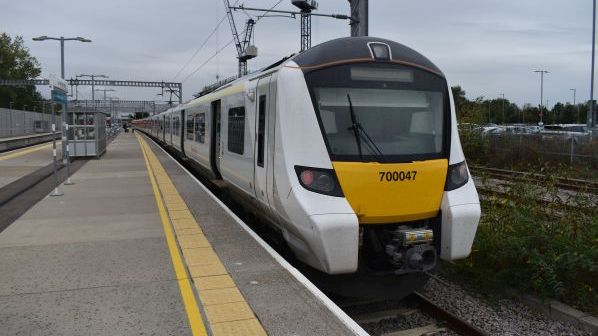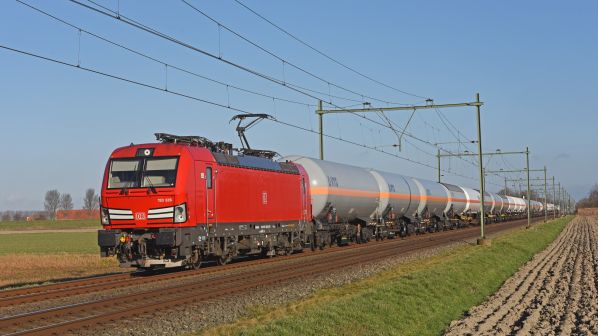Netherlands: Freight traffic on the Dutch rail network fell 6.2% in 2020 compared with 2019 according to figures from the country’s statistical office CBS. Some 40 million tonnes were carried last year. The Covid-19 pandemic is cited as one reason for the decline, as is the change in demand for certain products. Coal and iron-ore both reported falls in volumes of more than 15%. However, chemical transport grew by 18%.
Canada: Via Rail reported an 80.2% decrease in passenger numbers and an 80.9% drop in passenger revenues during the first quarter of 2021 because of the Covid-19 pandemic. Operating expenses decreased by 34.1% in the period compared with the same time last year. The operator has attempted to reduce costs by continuing measures introduced in 2020, including temporary staff cuts, reductions in publicity and advertising, reduction in services offered at stations, a decrease in administration costs, and the postponement of non-essential initiatives.

Britain: The government has extended the Govia Thameslink Railway Emergency Recovery Measures Agreement (ERMA) from September 20 2021 until March 31 2022 under the same contractual terms. The ERMA generates a margin of up to 1.5% and is a management contract with no financial exposure to passenger volumes, says Keolis, which is 35% of the joint venture that operates GTR (Go-Ahead Group being the other 65%). It is Britain’s largest operator in terms of trains, passengers, and staff.
France: Siemens Mobility has acquired Padam Mobility, a technology company that provides AI-powered platforms and applications for on-demand and paratransit se+rvices. This boosts Siemen’s intelligent infrastructure portfolio. Padam Mobility was founded in 2014 with headquarters in Paris and has its intelligent solutions in use in 70 locations across Europe, Asia, and North America.
Germany: Voith Group’s sales in the first six months of the current 2020-21 financial year were only slightly below the level of the same period in the previous year,the company says. Sales for October 2020-March 2021 were €2.06bn compared with €2.08bn 12 months earlier. After adjusting for currency effects, there was an increase of 3% compared with the previous year. There was also a 21% increase in orders compared with the previous year (€2.63bn in 2020-21, €2.08bn last year).
Italy: The European Commission has approved €150m in aid from the Italian government to reduce track access charges between January 1 and April 30 to support rail freight and commercial passenger operators affected by the Covid-19 outbreak.
Ukraine: Standard & Poor has changed Ukrainian Railways’ credit rating outlook from negative to positive, highlighting the impact of the restructuring of the amortisation schedule for loans from Sberbank, combined with the significant improvement of the terms of the loans. The agency says the outlook reflects the impact the refinancing will have in enabling the debt to be repaid within the next 12 months. The loans financed the preparation of infrastructure for the Euro 2012 football tournament.
Spain: Infrastructure manager Adif and Adif Alta Velocidad (ADIF AV) have signed an agreement with unions for staff to work from home where possible. Permanent staff from both companies who have been in their position for at least a year can now work remotely for three days, with as many as 3000 staff able to do so.
Ukraine: Ukrainian Railways (UZ) continues to improve its freight performance and said that between June 1 and 15 the average daily load on its trains amounted to 727,500 tonnes, some 11.2% higher than in the same period last year, and 3.3% higher than in the first half of June 2019.

